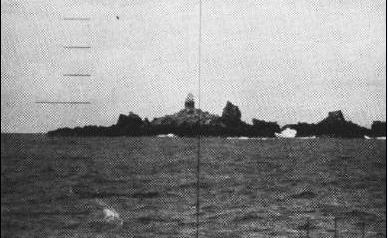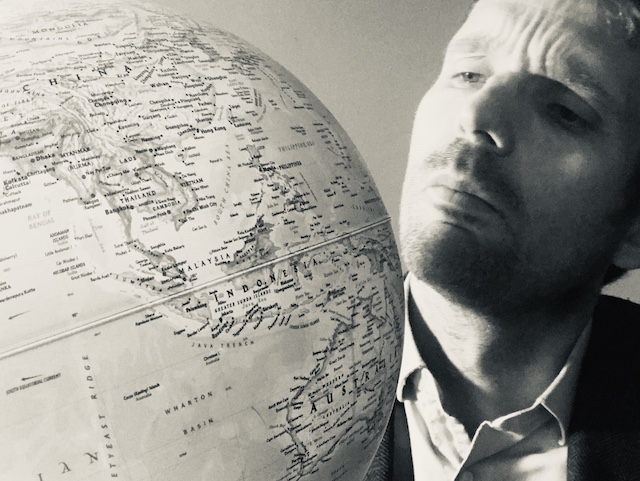I have a confession to make. Sometimes, when online meetings are getting really dull, I gaze at the globe on my desk and search for islands. My eye lazily drifts across the curving expanses of ocean and every so often something spikes my attention. Usually it is no more than spec, and when I lean in I see, in microscopic print, the name of an islands or an archipelago. Before long I’m on the good ship Wikipedia (I’m a supporter – are you?) setting imaginary sail for these distant lands. Recent places I have made landfall include:

St Peter and St Paul Archipelago
St Peter and St Paul are a cluster of rocks poking out of the Atlantic Ocean halfway between Brazil and Sierra Leone. So-named because several hundred years ago two boats, the St Peter and the St Paul were sailing through the area, one crashed into the rocks, sinking, and the other rescued the survivors. Today the rocks are home to a recently rebuilt Brazilian scientific research station. Somewhat terrifyingly, the previous staff station was destroyed by an earthquake and the resident scientists had to wait for a passing fishing boat to rescue them (queue Desert Island Discs music).
Interestingly when a US nuclear submarine made the first underwater circumnavigation of the world, St Peter and St Paul Rocks were the start and end point. The photo above is taken from the periscope of that boat.
Crozet Islands
Deep in the southern Indian Ocean lie the Crozet Islands. You might spot them on the way to New Zealand. From the UK, go down the Atlantic, turn right at South Africa, head straight on along the 40th parallel and they’ll be just on your right. Historically popular with whalers, life seems pretty quiet in this chilly rocky outcrop.
I brought the globe onto my desk as a teaching aid a few weeks ago and somehow it has never left.
Cliperton Island
This is a private atol owned by France, some 6000km from Paris. This is my newest discovery and so far the most fascinating. The island has a rich history of claims and counter claims, of abandoned settlers who formed their own kingdom, of pirates and shipwrecked sailors.
Most intriguing is that groups of amateur radio specialists go there to conduct experiments. Things like bouncing communications signals off the moon and experimenting with using kites to map the surface of the islands. Much more to investigate the next time my mind wanders…
Post script: On looking at spheres
I find it very satisfying looking at a curving globe when I spend so much of my time orthogonal to a flat screen. I wander what looking at flat screens does for our notions of global connectedness, of holism? Brief research shows that spherical digital displays are someway off from being affordable. One for future discussion.


Leave a Reply